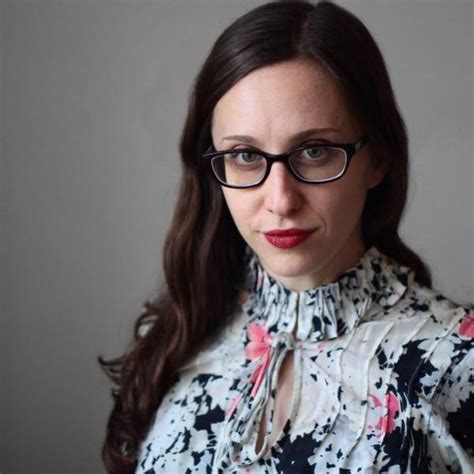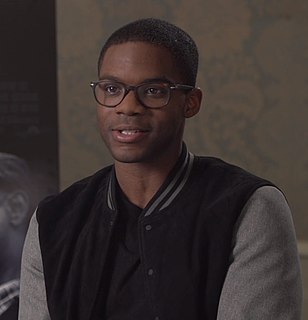A Quote by Amy Shearn
You have to live your story before being able to write your story.
Related Quotes
The Work always leaves you with less of a story.
Who would you be without your story?
You never know until you inquire.
There is no story that is you or that leads to you.
Every story leads away from you.
Turn it around; undo it.
You are what exists before all stories.
You are what remains when the story is understood.
Most people tell themselves these excuses - I've always been this way, this is my nature, I can't help it - that are just memes. They're belief systems that keep you from being able to become all that you are intended to become. They're impediments to reaching God-realization, or Tao-centeredness. People lose track of their purpose, because they are so back there - living in their past. Byron Katie speaks about this: Who would you be without your story? Carlos Castaneda used to say if you don't have a story, you don't have to live up to it. So get rid of your story.
I think that people have to have a story. When you tell a story, most people are not good storytellers because they think it's about them. You have to make your story, whatever story it is you're telling, their story. So you have to get good at telling a story so they can identify themselves in your story.
I was interested in the ways we can write biography. When you're first starting to write about your own life it feels so shapeless because you don't know how to make your own story cohesive. How do I pluck a story out of the entirety of what it means to be alive. It occurred to me recently that when you're telling a story about your own life, rather than taking a chunk, you're kinda like lifting a thread from a loom.
Despite the natural belittling of one's self, the doubts, the insecurities, we have to wake up to the realisation that we all write our own autobiography, we are the authors of our life story. Realising that, write a good story with your life and make sure to write yourself as the protagonist. Be the hero of your journey.
The best time to tell your story is when you have to tell your story. When it's not really a choice. But then, when you get that first, messy, complicated version down, you have to read it over and be very tough on yourself and ask, 'Well what's the story here?' If you're lucky enough to have someone you trust looking over your shoulder, he or she can help you if [you] lack perspective on your own story.

































